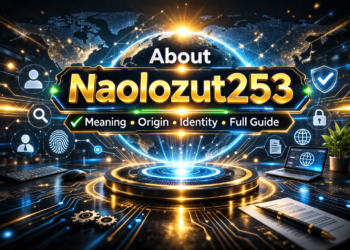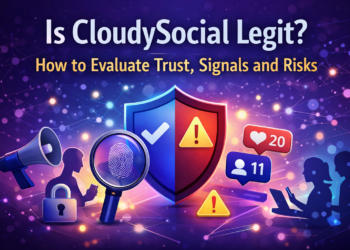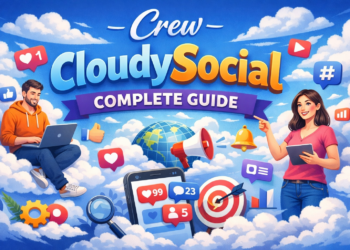
Customer personalization is an essential aspect of building strong relationships with clients. Organizations aim to connect with customers in ways that feel personalized and meaningful. The best way to achieve this is by integrating messaging platforms with CRM systems. But how exactly does this integration improve personalization? Let’s explore.
The Significance of CRM Integration
A CRM system stores essential customer data such as contact details, purchase history, and previous interactions. For example, integrating whatsapp with crm systems ensures all customer chats are stored, making it easier for businesses to provide timely and informed responses. This data empowers customer service teams to provide more efficient and personalized interactions, which can lead to higher customer satisfaction.
Why Messaging Platforms Matter
Messaging platforms play a vital role in the communication process between businesses and customers. Social media platforms offer a direct and informal way for customers to reach out, making interactions faster and more convenient. As these platforms have become widely adopted, businesses must consider how to incorporate them into their customer service strategy.
With CRM integration, these messaging apps become even more effective. Customer interactions via messaging platforms are automatically logged in the CRM, ensuring that businesses have immediate access to all necessary details. This means that when a customer reaches out, the representative has all the relevant information at hand to respond promptly and accurately.
Key Benefits of Integration
Integrating messaging platforms with CRM systems offers several significant advantages, particularly when it comes to personalization. Some key benefits include:
- Improved Communication Efficiency: Instant updates from messaging apps are automatically captured in the CRM, speeding up and improving customer service.
- Real-Time Access to Customer Data: Integration ensures that customer data is current and accessible, allowing businesses to respond more accurately.
- More Personalized Interactions: Data stored in the CRM allows businesses to send tailored messages based on customer behavior, preferences, and needs.
Personalized Customer Engagement
Personalization goes beyond addressing customers by name; it’s about understanding their preferences and addressing their specific needs. Integrating messaging platforms with CRM systems allows businesses to provide this level of personalization effortlessly. When customer data is housed in the CRM, businesses can access detailed information on past interactions, inquiries, and purchases.
To make those personalized interactions scalable, many teams deploy conversational automation that can answer routine questions and triage requests without human intervention. Using chatbots trained on a company’s own content and documents not only speeds response times but also ensures replies reflect up-to-date product and policy information. Integrating an ai chat bot for business with CRM records can automatically log conversations and surface relevant customer details for follow-up, improving both efficiency and context. That approach lets service teams focus on complex cases while common queries are resolved instantly.
This enables businesses to craft more personalized communication, suggesting solutions or products that align with the customer’s interests. For example, integrating messaging tools like WhatsApp with CRM helps businesses send tailored messages directly to a customer’s device, based on their purchase history or prior interactions. This approach feels personal and relevant, strengthening the relationship.
Streamlined Support and Communication
The integration of messaging platforms and CRM also streamlines communication and customer support. With both systems working in tandem, businesses can avoid unnecessary delays and ensure that all interactions are captured in one place. This makes follow-up interactions smoother, as service teams have easy access to past communications and can continue the conversation without starting from scratch.
Enhancing Customer Service Through Simple CRM and Messaging Integrations
Integrating messaging platforms with CRM systems can simplify customer communication, enabling businesses to provide more personalized service. Some solutions on the market offer seamless integrations between messaging tools and CRM systems, allowing businesses to enhance their workflows without complicating daily operations. These integrations help teams manage customer data effectively and ensure that every message exchanged is properly logged, providing valuable context for every interaction.
Integrating messaging platforms with CRM systems brings a new level of personalization to customer engagement. For instance, integrating whatsapp with crm systems ensures that customer interactions are logged, allowing businesses to respond more effectively. This integration simplifies communication, improves response times, and allows businesses to offer customized, meaningful interactions.










